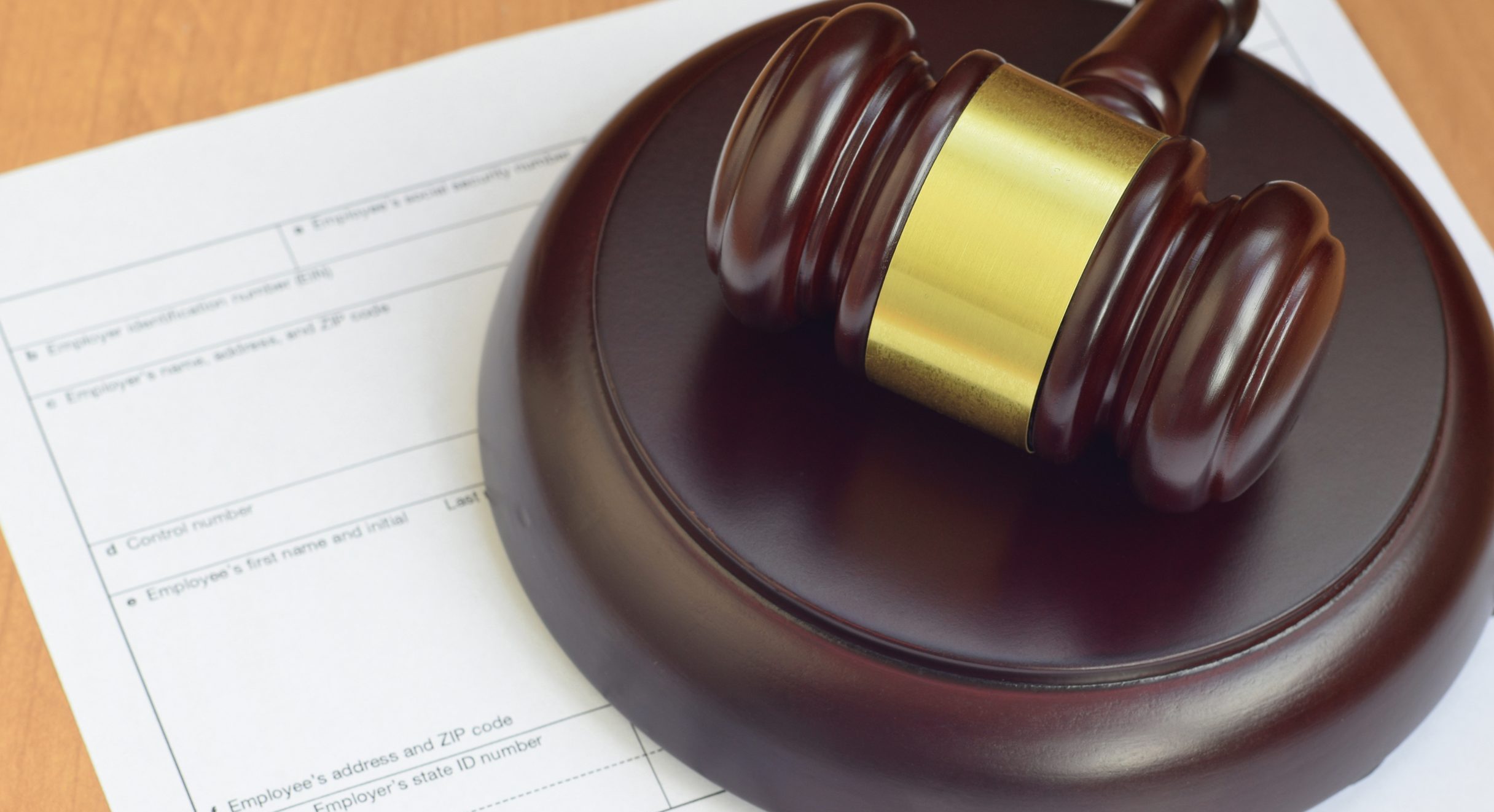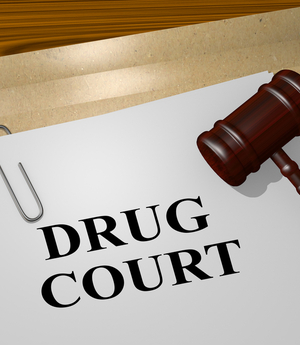A Guide to Understanding Court-Ordered Rehab

The unfortunate reality is that substance use disorder (SUD) can lead us to do things that we would never choose to do while sober, like obtaining a conviction. However, there is an alternative to incarceration: court-ordered rehabilitation. In many cases this can allow individuals with substance use disorders to find recovery and lead a fulfilling life.
What is Court-Ordered Rehab?
Court-ordered rehab takes place in what is called a Drug Court. According to the US Department of Justice, these specialized courts run docket programs for adults convicted of a crime, youth involved in the justice system, and parents with pending child welfare cases that also have substance use problems.
 The purpose of drug courts is to provide incentives, treatment and resources, graduated sanctions to:
The purpose of drug courts is to provide incentives, treatment and resources, graduated sanctions to:
- Promote immediate intervention
- Reduce future offending
- Lower the risk of relapse and criminal recidivism
- Provide structure to improve individuals level of functioning
- Address the problems that lead to drug use
- Build skills to improve the person’s ability to lead a drug-free and crime-free life
- Strengthen the family units capacity to offer structure and guidance
- Relieve the financial burden of incarceration on the US prison system
Drug Courts help low-offending and non-violent participants a path to recovery as an alternative to incarceration by providing education and addiction treatment. While many people think court-ordered rehab is a free pass, it isn’t. Firstly, addiction treatment is hard and requires consistent effort to recover from a chronic mental health disorder. The program also requires participants to fulfill certain requirements, like staying abstinent, being accountable for their behavior, and fulfilling the legal obligations for the offenses they committed.
How Does Court-ordered Rehab Work?
There are three main steps to court-ordered rehab:
- The person arrested, or their family, must apply for court-ordered rehabilitation.
- The potential participants are then screened and assessed by police officers and addiction specialists. If the specialists find that the participant may be a risk to themselves or others on account of their mental health condition, then they may issue an emergency court order and schedule a hearing.
- At the hearing, the participant and their attorney petition the judge to ask for court-ordered rehab. There are four main criteria on which the judge will make their decision about whether or not the defendant is ordered to go to rehabilitation or to jail:
- The crime was non-violent in nature.
- The offense was directly, or indirectly related to alcohol or drug dependence.
- The court believes that the defendant would benefit from addiction treatment.
- The person qualifies for a probationary sentence.
Once the defendant is ordered to attend rehab, the drug court then creates a non-adversarial and multidisciplinary treatment team, composed of judges, prosecutors, defense attorneys, community corrections, social workers, and treatment service professionals. This team works together to ensure an effective treatment plan and its completion. This team will communicate regularly with the individual and their family, monitor their progress, provide encouragement and support, therapy, and then discharge the individual from the treatment plan.
The expectations of the individual exceed just completing rehab. They must maintain their abstinence, submit to random drug tests, provide regular updates to the treatment team, and complete other legal requirements, like community service.
Only when this entire process is completed can the charges be dismissed.
Types of Court-Ordered Rehab
Since starting in 1989 there are now more than 3500 across the United States. Around half of which are adult treatment drug courts. These specialized court docket programs help adult, juvenile, and family defendants who have alcohol and other drug dependency problems.
 The main drug court programs include:
The main drug court programs include:
- Adult drug courts: provide to reduce the risk of relapse and recidivism.
- Juvenile drug treatment courts: provide the same adult intervention but is designed to meet the needs of youth with substance use disorders.
- Family drug courts: which provide usual drug court services to defendants, including parents with pending child welfare cases who have alcohol and other drug dependency problems.
There are other, more unique drug courts aimed at certain populations, including:
- Tribal courts
- Driving while intoxicated
- Re-entry Veterans
- Mental Health
- Co-occurring problems
Types of Treatment in Drug Court
Drug ordered addiction treatment varies, depending on the severity or use, dependence on certain substances, the participants offense and previous history.
Broadly, speaking though, the rehabilitation options include:
- Educational programs: as the most commonly court-ordered programs, typically for DUI offenses, participants can expect to go through 15 weeks of education.
- Accelerated pretrial rehabilitation: these programs are generally ordered for participants who do not face a felony conviction and have not attended a similar program before.
- Medication-assisted treatment programs
- Group counseling: is the second most ordered rehab treatment option, which centers around a 12-step program.
- Residential counseling: this type of program is usually carried out in prison. Participants are separated from the general population and they can receive addiction treatment and counseling.
- Detox and inpatient treatment: depending on the severity of use and type of substance addiction, a participant may be court-ordered to attend a detoxification program, before inpatient rehabilitation.
- Community-based programs: are for participants with multiple arrests, or those on house arrest. These programs usually require daily treatment usually within a halfway house or other dedicated recovery facility.
- Intensive outpatient: these programs typically provide individual and group counseling and a more structured and intensive level of care.

